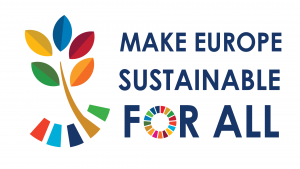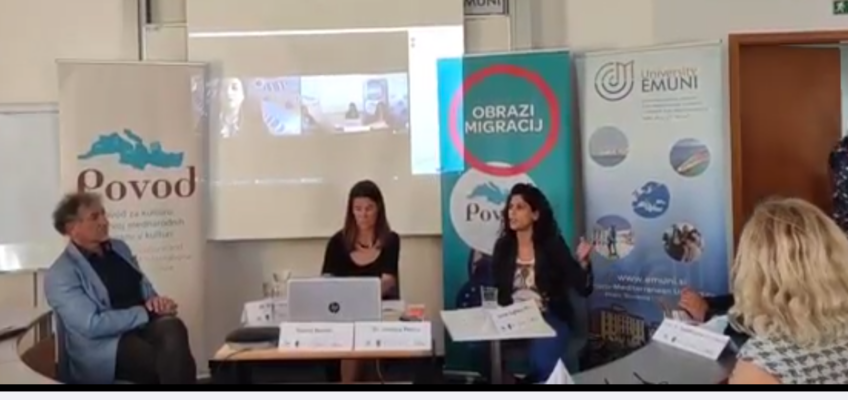There are Mediterranean identities that I acknowledge within and beyond the concept of geographical limitations. In the geopolitical discourse, I address the securitization of migration and evoking the notion of risk as hindering factors toward building inclusive and intercultural societies in our Mediterranean region.
As a researcher, intercultural trainer, and a member of grassroots movements and CSOs on both shores of the Mediterranean, I perceive the trials to perceive migration from Afghanistan as a threat on the Mediterranean as an unfair technique. It might lead to a temporal illusional sensation of unity. Still, it won’t contribute to building a solid and sustainable union of a peaceful and prosperous Mediterranean, where inclusion, social justice, equality, and human rights are assured and respected.
Grass-root movements and CSOs play a vital role in the establishment of our Mediterranean future. The withdrawal of Syria from the Union For the Mediterranean, UFM shall be in compensation for opening equal channels where the people of Syria can still be heard and represented equally despite the withdrawn of their authoritarian regime. It is time to acknowledge that we, the people make governments and not the governments make us.
The global gate project by the EU shall not be presented as a competitor to the one built on road project by China. Creating an external enemy to find a common Euro-Med destiny is not a solution nor an answer to the challenges of today. We shall build a common Mediterranean future built on universal human values advocating peace and international development cooperation with other international actors and partners.
The EU strategy toward the Mediterranean shall not evoke the notion of risk, where China is presented as an enemy. The EU shall not address the Mediterranean region as a geographical space for the Cold War, especially non-EU Mediterranean countries. Because this approach fosters a neocolonial action that is no longer appreciated or welcomed by grassroots movements and CSOs on both shores.
Gender mainstreaming? Where is it when we talk about migration? Family reunification programs and laws are not sensitive to gender. It increases the gender gap in employment and education between women and men who migrate from the south to the north of the Mediterranean. The European Institute for Gender Equality addressed in its report in 2019 that prejudices against migrant women to be passive or oppressed fuel hate speech and discrimination against them.
On the other hand family, reunification programs and integration policies still fail to consider gender inequalities; therefore, it contributes to them. Women who come through family reunification programs shall have easy measures to gain work permits and enter the labor market with equal access to language courses and other measures that ease the social integration between hosting societies and newcomers.
Finally, for our Mediterranean identities and shared future, we need to acknowledge that SDG5 from Agenda 2030 and gender mainstreaming still fail to address an essential part of our populations, the people who do not comply with the limited binary division of male and female. We shall lead this process by redefining gender equality and the concept of gender and gender mainstreaming.
Reflection on the Mediterreatean identity(ies) by Samar Zughool, intercultural trainer and researcher at Povod Institute This is part of Povod’s interventions in the conference “Faces of Migration” and the Mediterrean identity that took place at EMUNI University in Piran, Slovenia, in 2021.

